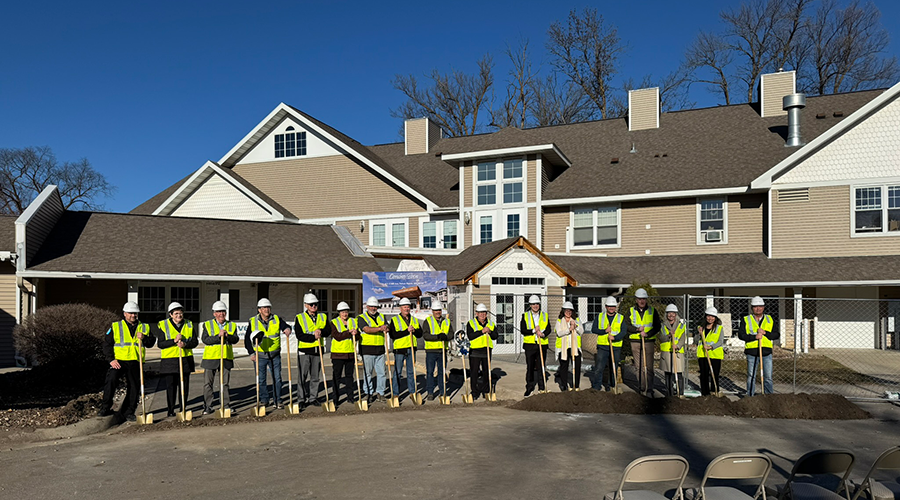Q: Back in March 2016, you answered a reader's question that fire drills are not specifically required for operating rooms. While reviewing NFPA 99-2012, I came across a section that states that fire exit drills must be conducted annually or more frequently as determined by the applicable building code, Life Safety Code, or fire code. Does this mean we must conduct fire drills in each of our operating suites every year?
A: Your observations are excellent. Back in March, 2016, there were no requirements to conduct a fire drill in Surgery. Now, after CMS adopted the 2012 edition of NFPA 99, there is. As you pointed out, section 15.13.3.10.3 of NFPA 99-2012, does require an annual fire drill for the operating room and surgical suite personnel.
However, the code does not say a fire drill has to be conducted in each operating room. The purpose of a fire drill in surgery is to provide education and training for staff. Therefore, my suggestion is to schedule the annual fire drill when there are no scheduled surgeries, and as many staff as possible can attend. You begin by conducting an education session on what the expectations are if a fire was discovered in the operating room. You can have different scenarios as the circumstances dictate. Then conduct a drill to see if the staff performs satisfactorily. If you have lots of staff, then utilize multiple operating rooms, and have multiple observers.
Brad Keyes, CHSP, is the owner of KEYES Life Safety Compliance, and his expertise is in the management of the Life Safety Program, including the Environment of Care and Emergency Management programs.

 Healthcare Is the New Retail
Healthcare Is the New Retail Bridgeway Behavioral Health Services Launches Campaign to Renovate Health Center
Bridgeway Behavioral Health Services Launches Campaign to Renovate Health Center Ground Broken for New North Dakota State Hospital
Ground Broken for New North Dakota State Hospital AI Usage for Healthcare Facilities
AI Usage for Healthcare Facilities Ground Broken on Pelican Valley Senior Living Modernization Project
Ground Broken on Pelican Valley Senior Living Modernization Project